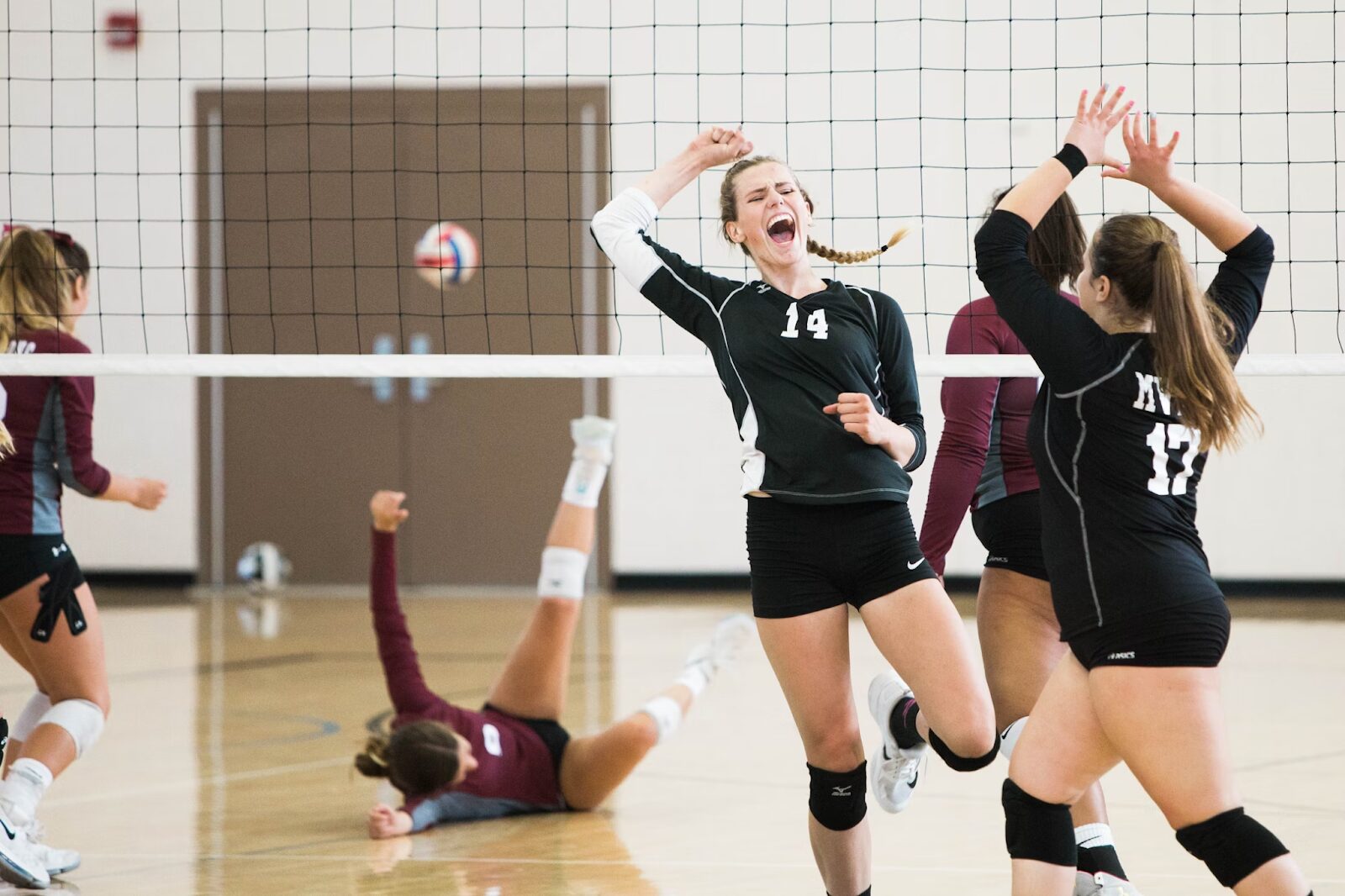
|
In college, sports are more than a pastime – they're a way of life. From packed football stadiums to early morning swim practices, sports culture is tightly woven into the student experience. It goes beyond wins and losses. For many, it's about character development, teamwork, and the mental resilience that carries into academic and professional life.
Balancing sports and studies is a challenge most student-athletes understand well. Whether you're on a varsity team, playing intramurals, or even coaching youth leagues, your time is divided. Practices, travel, workouts, and games don't leave much room for error when it comes to deadlines and exam prep. This pressure has given rise to a growing trend – students increasingly look for academic support services to help manage their workload.
That's where some students turn to professionals. Many student-athletes today use resources like tutoring, time management coaching, and services that allow them to pay someone to do my paper to keep up with assignments during demanding academic seasons. While these solutions should never replace personal effort, they can provide crucial support when used wisely.

|
Why Sports Participation Matters
Engaging in sports benefits college students in several meaningful ways. It's not just about physical fitness – it affects mental health, academic performance, and long-term success. Here's how:
• Time Management: Juggling class, training, and travel forces athletes to become skilled at prioritizing and scheduling.
• Discipline and Routine: Sports instill consistency, which spills over into study habits and personal life.
• Stress Relief: Physical activity is a proven stress reducer, helping students avoid burnout.
• Social Connections: Being part of a team creates a built-in support network, crucial for emotional well-being.
• Leadership Skills: Whether you're a team captain or a supportive bench player, sports teach responsibility and cooperation.
Studies show that students who participate in organized sports often have higher GPAs and graduation rates than their peers who don't. They're also more likely to develop soft skills that employers value – communication, adaptability, and perseverance.
Common Struggles Faced by Student-Athletes
Despite the benefits, sports can create unique academic challenges. A demanding travel schedule or a championship push can cause students to fall behind. Missed classes, late-night games, and physical fatigue make focusing in lectures or completing papers much harder.
Many athletes feel torn between giving their best on the field and in the classroom. For students on scholarships, maintaining GPA requirements adds even more pressure.
• Burnout: Constant physical and mental demands without recovery time can lead to exhaustion.
• Missed Opportunities: Skipping lectures or lab work may cause gaps in learning.
• Mental Health Struggles: Balancing performance expectations with academic responsibilities often leads to anxiety or stress.
Academic Support Options for Student-Athletes
Colleges are increasingly offering tailored support for student-athletes, including:
• Designated academic advisors for athletes
• Priority class registration for better scheduling
• Study halls, tutoring, and writing centers
• Online resources and flexible coursework options
Still, when midterms and match days overlap, many students need more flexible academic support. That's where outside services come in – platforms that offer essay writing, proofreading, and research help.
One contributor to a recent student life blog, Adam Jason, a writer at WritePaper’s essay writing service, emphasized that “academic support doesn't have to mean taking shortcuts. It means knowing when to ask for help so you can succeed in both arenas.”
Finding Balance: Sports and Academics
The key to thriving as a student-athlete lies in balance. Here are some practical strategies:
• Use a Weekly Planner: Block out training, games, and study sessions.
• Communicate with Professors: Let instructors know your schedule early on.
• Set Realistic Goals: Prioritize key assignments and exams.
• Take Breaks: Short, intentional rest is better than long burnout cycles.
• Leverage Campus Resources: Use free tutoring and writing help before deadlines pile up.
If your schedule gets out of hand, academic services can help you manage your load. It's not about outsourcing your education – it's about maintaining your momentum without burning out.
Why Sports Participation Enhances College Life
When colleges invest in athletics, they're not just looking to win trophies. They're building community. Students who are part of teams or fan groups often feel more engaged and connected to their campus culture.
Sports also create lifelong friendships, memories, and professional opportunities. Many students report that their involvement in sports gave them an edge when applying for jobs or internships. Recruiters often value athletes' work ethic, leadership, and ability to handle pressure.
When Academic Help Makes Sense
There's still a stigma around seeking outside academic help – especially when it involves paid services. But the truth is, when used ethically, these platforms can help students stay afloat during crunch time.
• A soccer player with two away games in a week might need help finishing a research paper.
• A gymnast rehabbing an injury may struggle with focus and deadlines.
• A track athlete preparing for Nationals might fall behind on readings and need catch-up help.
When the pressure builds, finding a trusted writing service can help keep grades on track without sacrificing sports performance. These services don't just write – they offer editing, outline creation, citations, and topic brainstorming.
Final Thoughts
Being a student-athlete is a full-time commitment that tests more than physical limits. It challenges your time, your focus, and your academic grit. But the rewards – discipline, confidence, and long-term success – are worth it.
For students striving to succeed both on and off the field, combining smart strategies, school resources, and occasional outside help can make all the difference.
Whether you're running drills or racing deadlines, don't be afraid to build a support system that works for you!






